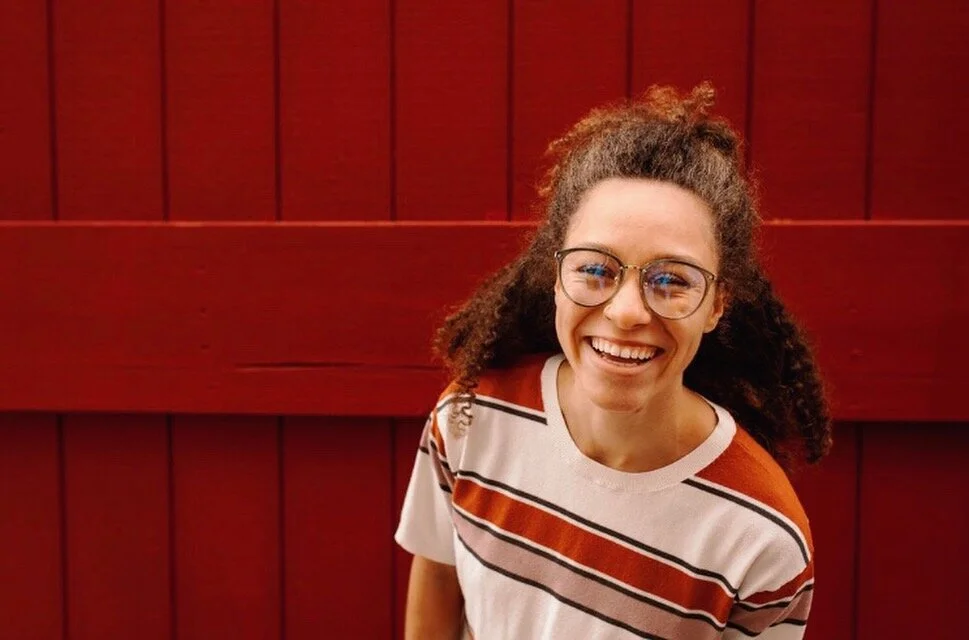Ten Ways to Engage with Youth in Foster Care or Former Foster Youth
By Tori Hope Petersen
A podcast interviewer recently admitted she struggled knowing what questions to ask me because she didn’t understand what was appropriate and she didn’t want to trigger me. As a person who grew up in foster care, I say “just ask away!” This is my life and I want it to be normalized enough to share it with you.
I thought it might be helpful to list ten ways you can normalize engaging with a foster youth or former foster youth.
1. Open yourself up to being uncomfortable. Come with an open mind and heart to learn and love. You might find yourself feeling vulnerable, but you’ll gain comfortability - and possibly a friend.
2. When you ask about their siblings and they don’t know how to answer, because they’ve had many siblings, ask “Did you have a closer connection with one or two?”
3. If they’re estranged from biological family simply ask them if they’d like to talk about it.
4. When foster youth explain their upbringing, just listen. You don’t have to call us brave or apologize. We don’t want pity validation for lives we didn’t choose. Listen to our stories to normalize them and validate us about the decisions we’ve chosen ourselves.
5. Guard yourself from offering advice that wasn’t asked for or giving unmerited inspirational speeches.
6. Ask them about their education, job, and hobbies. They’re human too, not just foster youth.
7. Tell them what you’re passionate about and connect with them over commonalities. You probably have more similarities than differences.
8. Acknowledge their differences like you would someone who has different ethnicity, age, etc. than you: educate yourself, be respectful, and if you don’t know, say so.
9. Ask them about their dreams and passions. It might be hard for them to articulate them, but the more they try, the closer they are to a vision and purpose beyond their struggles.
10. Ask them what they’ve learned from their adversity and how they think the foster care system should be changed. If we want real change, we have to ask the experts and there’s no one who knows it better than the people who have lived it. If we offer them an ear, they’ll find their voice.
Follow Tori on Instagram at @torihopepetersen.
Victoria Petersen grew up in and out of the Ohio foster care system and with her biological mother who was diagnosed with bipolar and schizophrenia. She emancipated out of the foster care system at eighteen years old during her senior year of high school. With no consistent living arrangements, Victoria became a five-time state champion in track and field. She was the first colored person and the first individual woman to win a state title from her high school.
She obtained a full ride to college through academics and her track scholarship. Before her junior year of college, she worked for the House Majority Whip, Steve Scalise. She wrote and presented policy to Congressmen and women, White House Policy Staffers, and policy institutes, such as American Enterprise Institute about how to reduce abuse and neglect in foster care. During her senior year of college, she spearheaded the family care operations for a nonprofit called Children’s Lantern. She has spoken at group home facilities, including homes she once resided in, churches, and county agencies to encourage foster parents and youth suffering from the trauma of broken families and foster care. She is a wife to Jacob, a mother to her son Leyonder, and a certified foster parent.


